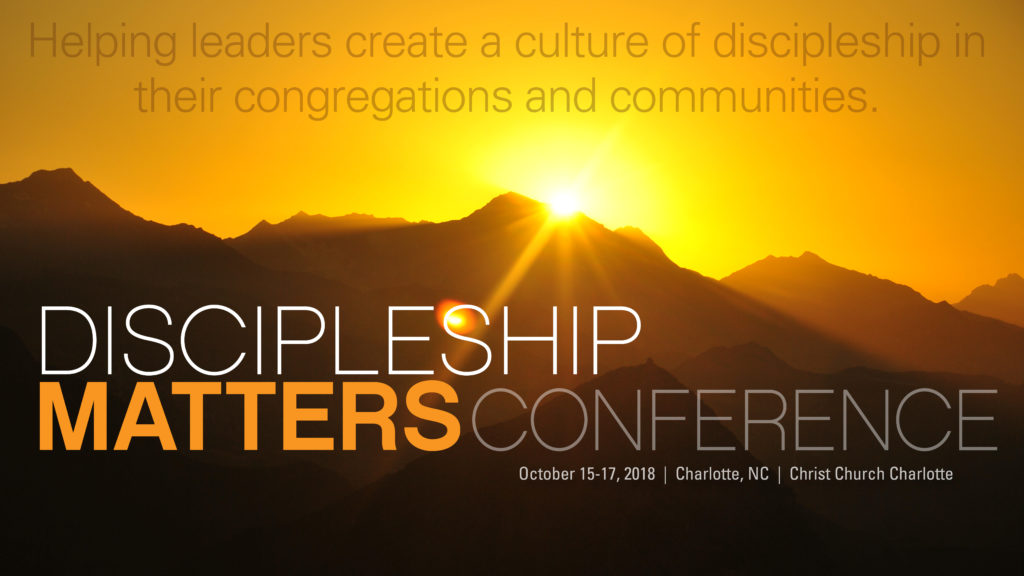|
You have heard that it was said, ‘You shall love your neighbor and hate your enemy.’ But I say to you, Love your enemies and pray for those who persecute you, so that you may be children of your Father in heaven; for he makes his sun rise on the evil and on the good, and sends rain on the righteous and on the unrighteous. Matthew 5:43-45
an excerpt from the Sermon on the Mount
If it ain’t about love, it ain’t about God.
-Presiding Bishop Michael Curry
Excerpts from a recent blogpost from Anne Lamott:
Every so often, I mention a book I’ve always thought about writing called “All The People I Still Hate: A Christian Perspective.”Half the people responding roar with laughter and say “I’d read that.” And half are sort of horrified by either the word “hate” or “Christian.’ …
You’re not supposed to hate, because hate is ugly and diminishes the soul of the hater. But if I were to be honest, I’d admit that I could still write the book, about some of our leaders and one really special ex-boyfriend. But I got the miracle. …
I believe against all odds, that if we stick together, take care of the poor and the very old, get thirsty people water, including our own worried self-obsessed selves, we can dramatically reduce our viral load. We can be love with skin on. We can be present in barbaric times, and at the same time be nourished by the gorgeous and inspiring things all around us. We can be free.
|
Loving enemies? Do I have to?
You can safely assume you’ve created God in your own image when it turns out that God hates all the same people you do.
-Anne Lamott
A parable, of sorts. I used to drive a lot in Manhattan when we lived there. It’s probably why I have grey hair and contend with high blood pressure. As I would make my way around town, I remember how frustrated I would be with pedestrians who took their sweet time crossing the avenues. I had important places to go. It was especially challenging if I had my clergy collar on, because I had to conceal my irritation. It’s not a good career move for clergy to roll down the window and cuss. But I confess that behind the wheel, some part of me began to regard pedestrians as obstacles to my forward movement, obstructionists, opponents.
But here’s the interesting thing. I might be driving, fuming about these pedestrians. I would then find a parking space and become a pedestrian myself. As I would cross the street, taking my sweet time because I had right of way, I came to resent drivers. There were too many cars in the city anyway. Why weren’t those dinosaurs using public transportation? Drivers, as a class of human beings, became the opposition as I walked city streets. Road rage became pedestrian rage. It was amazing how quickly the “other” could become the object of disdain. My inner capacity for animosity was stunningly nimble.
Recently I was reading Facebook with commentary on this election season. I came across a post that went something like this: This year, it is not democrat vs. republican. It’s not conservative vs. liberal. It is good vs. evil. Somewhere in the recesses of my unholy mind, savoring my extremely informed political opinions, I thought: You are so right. Until I looked again at who had posted this message. It was someone I knew to be on the absolute opposite of the political spectrum from me. I wondered if that person now regarded me as evil. I’m such a nice guy. How could that be possible?
In recent days, I’ve been praying Psalm 51: Create in me a clean heart, O God, and renew a right spirit within me. As a newshound, okay, a news addict, I’ve found my heart sucked into the rancor that seems to dominate discourse. I’ve come to recognize my absolute helplessness in the face of that energy. I’m going to need a new heart, I think, especially if the elections don’t go my way. Especially if I don’t get my way. I’m going to need a new spirit. And dare I say, I’m not alone in that need.
In recent days, I’ve been praying Psalm 37: Put your trust in the Lord and do good. Commit your way to the Lord. Be still before the Lord. Do not fret yourself. It leads only to evil. That psalm is a call to trust that God is in control, that I am not, that goodness will win. That love wins.
In recent days, I’ve been asking Jesus for help, as I consider the things Jesus taught. In his most annoying way, he said love your enemies. Pray for those who persecute you. Forgive our trespasses as we forgive those who trespass against us. Turn the other cheek. If someone makes you walk a mile, walk two. He was so clear, which is why it’s so irritating. Truth be told, I’d rather cuss at pedestrians, or smack my umbrella on the hood of the car edging into the crosswalk.
This commandment to love doesn’t mean that we don’t care deeply about issues, about healing the brokenness of our world, about speaking and acting on behalf of those on the margins, about calling out barbaric behavior, about the work for justice and peace mandated by our baptism. It doesn’t keep us from weeping for our brothers and sisters at the Tree of Life Synagogue, or laboring to see that such crimes don’t happen again. It does mean that there should be no place for hate in our hearts.
Simply stated, I’m not there yet. But I believe some day I’ll get there, with God’s help, by God’s grace. Maybe that’s what heaven is about.
-Jay Sidebotham
 Contact:
Contact:
Rev. Jay Sidebotham
jsidebotham@renewalworks.org
RenewalWorks is a ministry of Forward Movement.
www.renewalworks.org


